Why do zucchini rot and what to do?
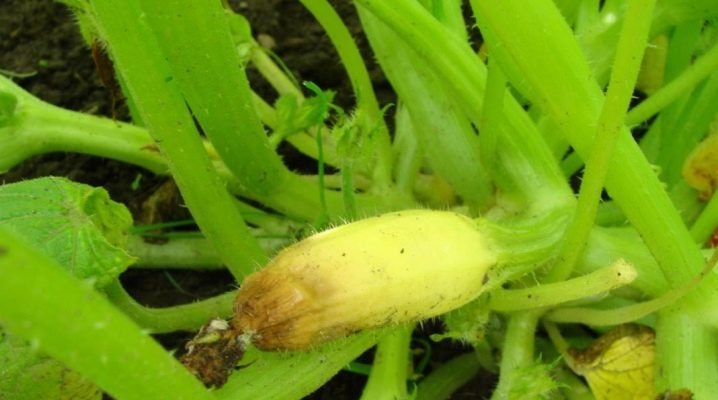
Often, gardeners have to look for answers to the questions of why zucchini rot at different stages of plant and fruit development, as well as what to do in such situations, and how they can be prevented. The fall of inflorescences and ovaries, even the first ones, as a rule, does not cause concern for experienced vegetable growers, since the culture in question is fertile. But if we are talking specifically about decay, then it is strongly recommended to take control of the situation and take certain effective measures in a timely manner. Otherwise, there may be problems with the harvest, even for such an easy-to-grow vegetable like zucchini.
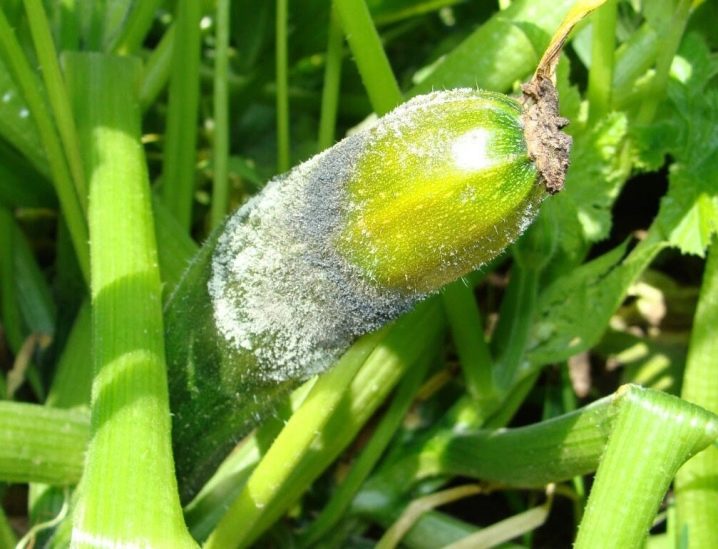
As practice shows, most often the source of the problems under consideration are violations of the elementary rules of agricultural technology.
Main reasons
If it turned out that young zucchini rot on the bushes in the open field or in a greenhouse, then it is necessary to immediately determine the cause of this phenomenon and eliminate it. At the same time, both folk remedies and modern drugs are successfully used in the struggle for the harvest. First of all, it is worth clarifying that we will be talking about the melon culture, or rather, the bush varieties of pumpkin. This plant loves sunlight and warmth, as well as infrequent irrigation. Zucchini is unpretentious, however, non-compliance with individual rules for growing and care can lead to serious negative consequences.
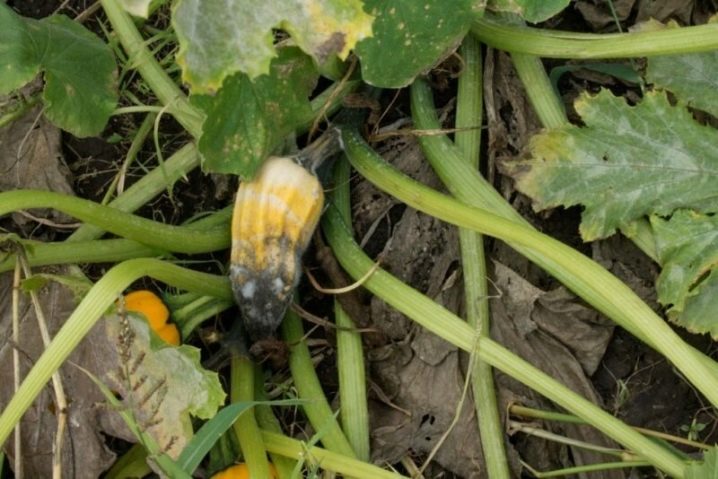
Faced with the fact that the zucchini ovaries in the garden dry up and fall off, or the fruits grow slowly, become soft, it is important to find out the source of such troubles. There are two types of decay.
-
The defeat of future fetuses at the stage when they are just tied, as well as young zucchini.
-
Transformation of already formed and almost ripe vegetables.
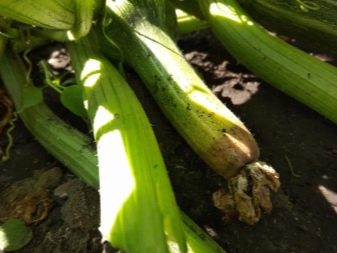
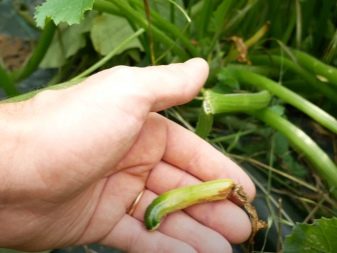
As practice shows, ovaries and zucchini that have already grown up most often turn yellow and rot for the following most common reasons.
-
The wrong choice of a place for planting a culture. In this case, we mean, first of all, the shadedness of the beds, as well as the proximity of groundwater.
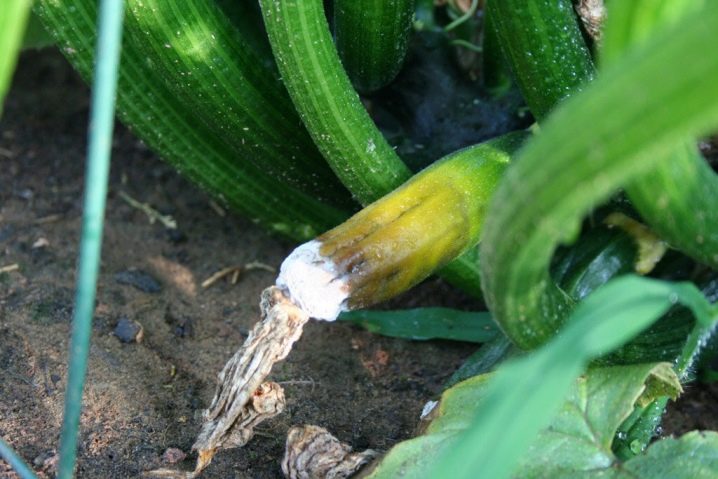
- Failure to comply with the rules of crop rotation... It is hardly worth hoping for a high-quality and rich harvest if you plant zucchini after pumpkins, watermelons, melons, squash and cucumbers.
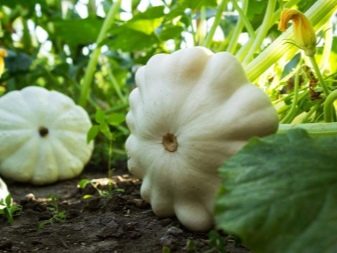
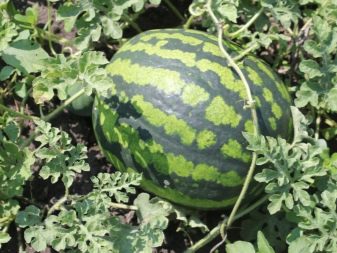
- Inconsistency in the composition of the soil. It is important to remember here that the described melon culture prefers a high content of organic matter in the soil. At the same time, an excess of nitrogen in the ground can lead to the activation of leaf growth, which will cause a deterioration in the illumination of the outlets by the sun's rays and air circulation in the planting. The result of this is often fruit rotting when growing zucchini in the open field.
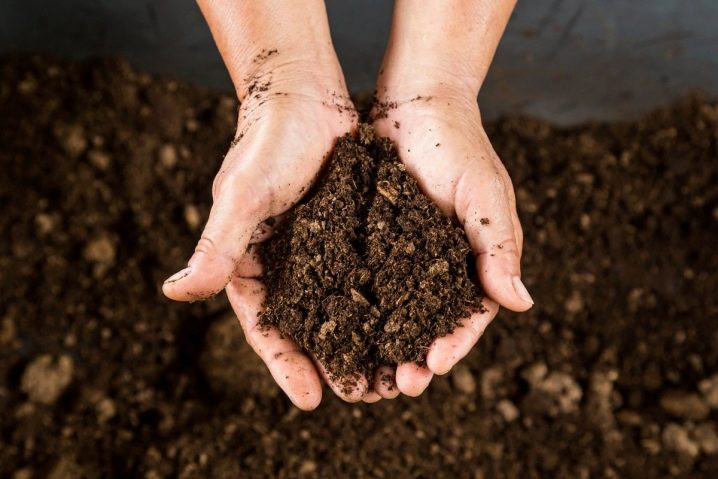
- Excessive stocking density. If the bushes in the garden are located too close to each other, then a lack of space and insufficient ventilation are inevitable. All this, in the overwhelming majority of cases, leads to extremely negative consequences, including rotting of young zucchini.
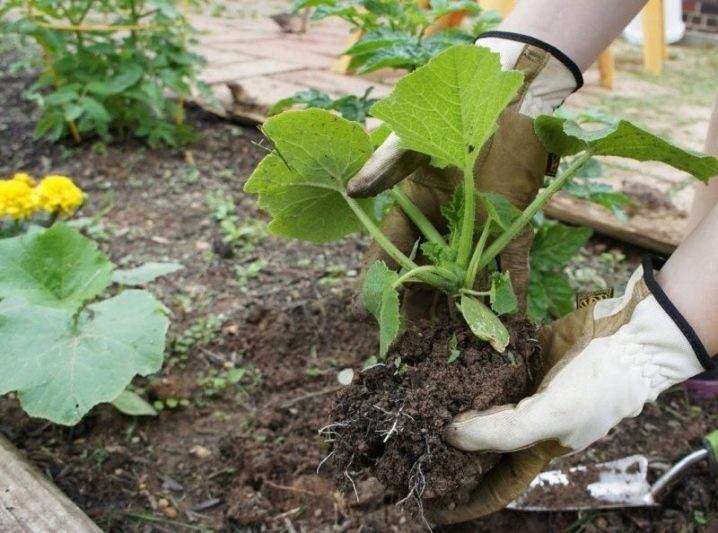
- Violation of the rules of agricultural technology in the field of irrigation of crops... First of all, you should remember that zucchini react very negatively to cold water. In addition, the plant does not tolerate frequent watering using the principle of the so-called sprinkling.

The two main rules are that this melon crop is equally afraid of both lack of moisture and its excess.
- Incorrect feeding. The rate of development of marrow seedlings is significantly reduced when there is a deficiency of microelements in the soil. And above all, we are talking about iodine and boron. The result may be the cessation of fruit growth with their subsequent decay.
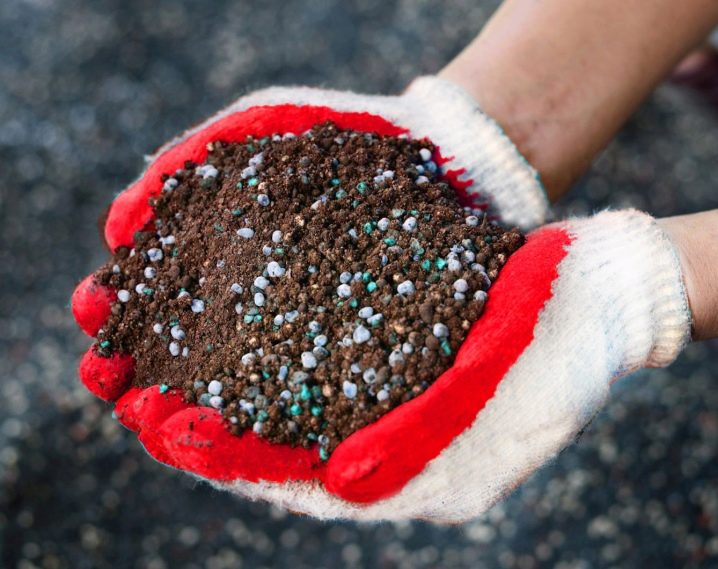
- Disease and pest attacks. It is important to take into account that often as a result of mistakes made by gardeners in the process of caring for the melon crop in question, plants become infected with rather dangerous fungal diseases. It is they that lead to the decay of various parts of the zucchini, including the ovaries, tips and the whole body of the fruit. Pests also become the reason for similar troubles.
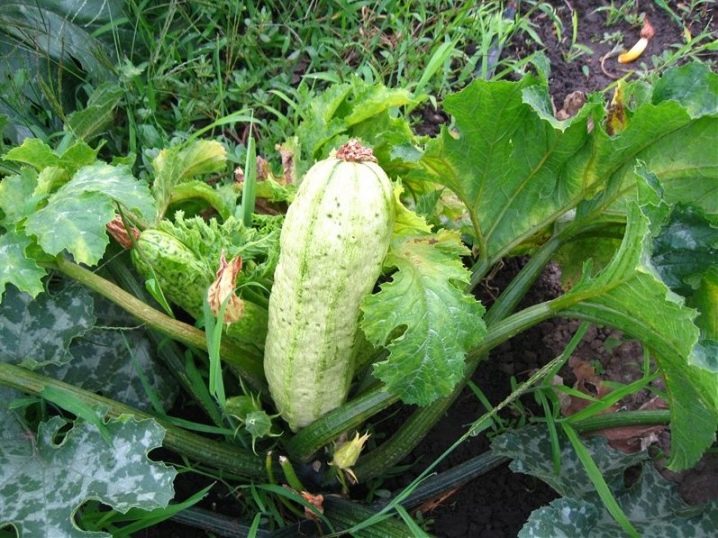
If, after the flower dies, small zucchini begin to turn yellow, rot and fall off, the reasons may include, among other things, poor-quality or completely absent pollination. Such phenomena most often occur in the following cases.
-
In the absence of both the bees themselves and other beneficial insects during the pollination period. Often this phenomenon is the result of prolonged inclement weather, due to which the pollination of the zucchini flowers does not occur. As a result, the ovaries become unviable and inevitably fall off.
-
Due to problems with artificial pollination... In this case, there are gross mistakes of gardeners who did not identify the problem in a timely manner and did not have time to do anything to correct the situation.
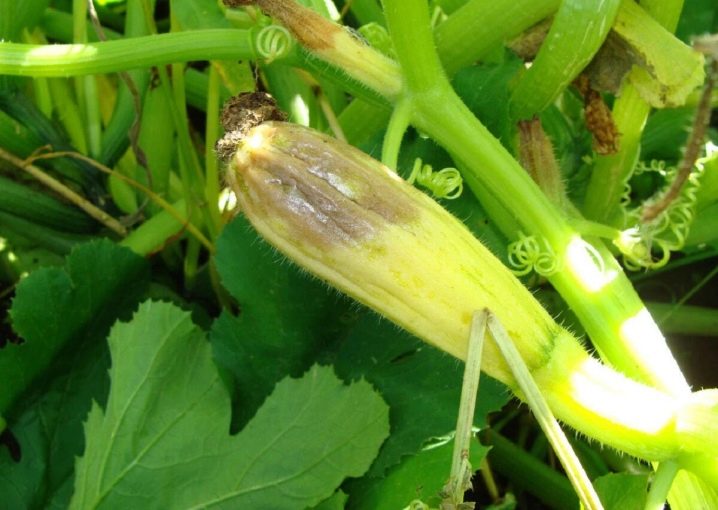
In addition to all of the above, the list of topical causes of zucchini decay should include the lack of moisture both in the soil and in the air. Naturally, this is most important for growing crops not in greenhouse conditions, where you can create the necessary microclimate. Due to the presence of rather large leaf plates, a large amount of moisture evaporates by the plant, the deficit of which causes poor pollination, as well as slowing down the development of the plant and the formation of young fruits.
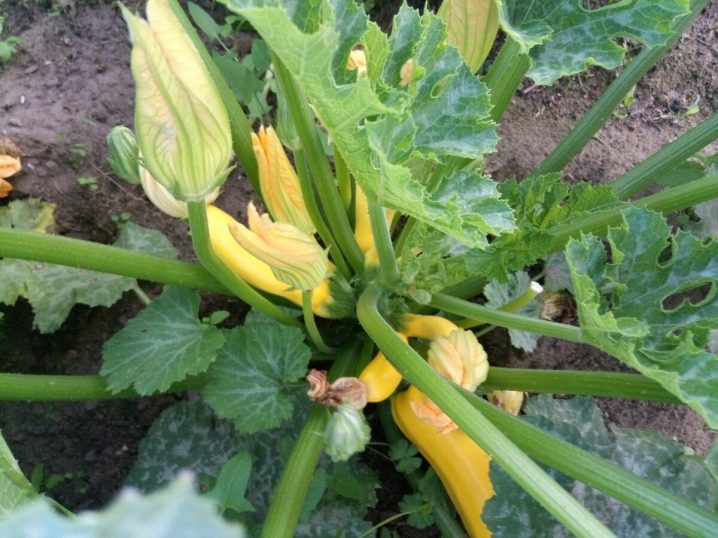
It is important to remember that the effectiveness of all measures taken to eliminate the causes of decay and their consequences directly depends on the timeliness and correctness of the diagnosis. An integrated approach to solving the problem will be no less important.
Irrigation errors
Faced with moisture deficiency or excess moisture, it is necessary to immediately optimize the reclamation regime.
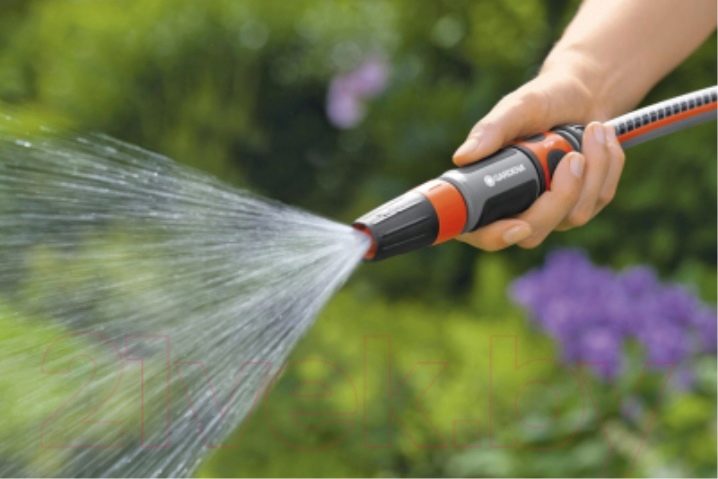
- In case of excessively dry soil, it is urgent to water the beds. Zucchini require fairly abundant irrigation. At the same time, water consumption reaches 20 liters per bush, and the interval between waterings is from 5 to 7 days, taking into account the weather conditions and climatic characteristics of the region.
-
Taking into account the development of the root system of the melon culture, the soil must be moistened at least 40 cm deep.
-
It is highly undesirable to water the plants more often than the indicated dates., since excess moisture negatively affects the future harvest.
-
Experienced farmers advise not to get carried away with sprinkling when growing zucchinithat react negatively to the ingress of water on flowers, leaves and fruits.
-
Watering is important as carefully as possible, trying not to blur the substrate.
-
To eliminate the consequences of excess moisture, you should immediately loosen the soil in the garden, which in itself will greatly accelerate the evaporation process... Weeding is carried out in parallel, which improves air circulation, in which the moisture content also decreases. By the way, the removal of weeds promotes air access to the plant roots.
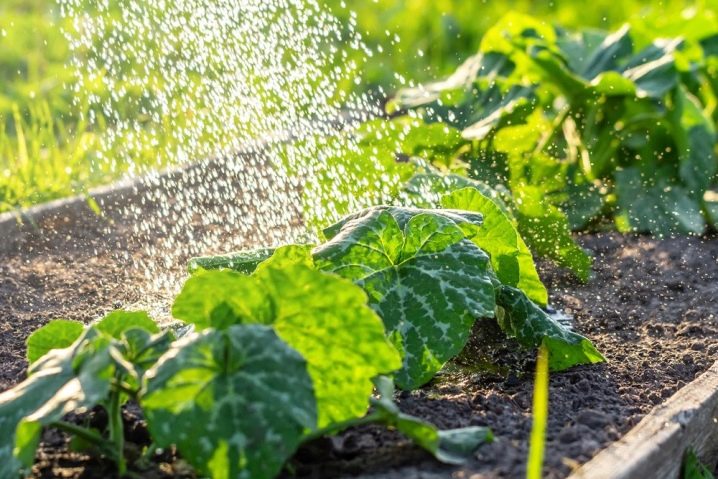
Many professional vegetable growers successfully practice the method of alternating the so-called dry and wet irrigation. This approach to caring for zucchini is relevant when the soil is waterlogged. This technology has a number of features.
-
The dry part of the earth (crust) formed directly under the bush after irrigation is carefully loosened by 3-4 cm... As a result of such manipulations, capillaries are destroyed, and evaporation of moisture is at least halved.
-
Taking into account that the moisture distribution zone extends 1-1.3 meters from the stem of the bush, it also needs to be processed.
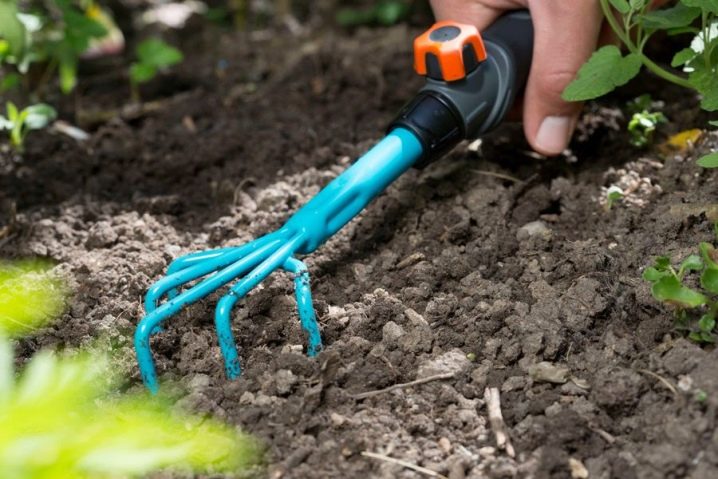
Airing the plantings is an integral part of effective and correct irrigation. To do this, it is necessary to exclude their thickening, leaving at least 0.5 m between the bushes. In this case, the row spacing should be from 1 to 1.2 m.
Nutrient problems
One of the key factors, on which the development of plants and the quality of the crop directly depends, are control of soil composition and balanced fertilization. Excessive growth of the bush, accompanied by an increase in green mass, is a clear sign of an excess of organic matter. In such situations, it is recommended to partially remove the leaf plates, while leaving the petioles from 5 to 8 cm long necessary for the further development of the plant.
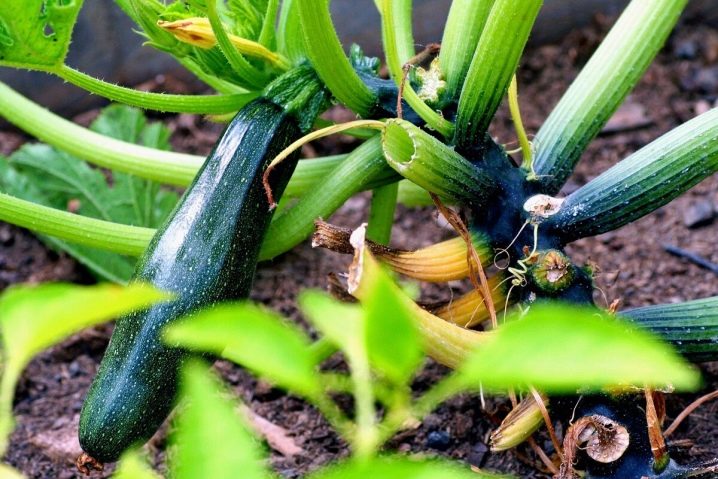
Experienced vegetable growers know that zucchini are especially sensitive to boron deficiency in the soil. To compensate for it, spraying is required boric acid solution, cooked at the rate of 1 g of substance per 10 liters of water... In parallel, the vegetative mass of plants is treated iodine solution. For this, both alcohol tincture and potassium iodide (0.02%) in the amount of 30 drops per 10 liters of water are suitable.
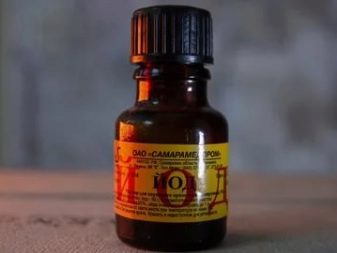
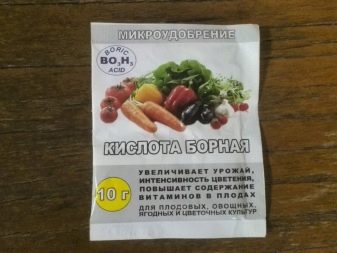
If you had to face a lack of macro- and microelements in the soil, then a slowdown in the growth of bushes, as well as a small number of forming ovaries, will become clear signs. In such situations, an extraordinary feeding of the root system of the bushes with mineral complexes will be required.
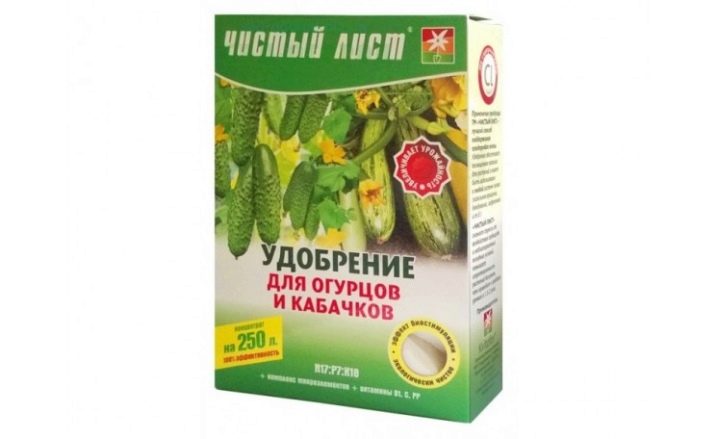
But it is important to take into account that often the source of the described problems is the violation of the rules of crop rotation.
Cultivation of pumpkin crops on the same beds is allowed when soil is restored by planting siderates. As a result, the substrate is purified and enriched with nutrients. Recommended zucchini predecessors include tomatoes, root vegetables, and spicy herbs. Professionals advise placing melon plantings from the northeast of the potato beds.
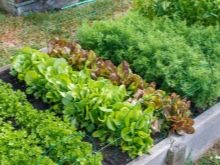

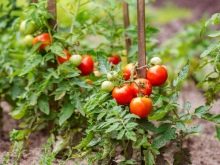
Treatment of diseases
The attacks of pathogens very often lead to rotting of ovaries and young squash. In such situations, it is important to know the causes of pest infestations and how to eliminate their results. It's no secret that preventing a disease is much easier than curing it. So, for example, the appearance of depressed and white bloom spots on the leaves and fruits indicates such a nuisance as powdery mildew. The development of this fungus is the consequences:
-
sharp temperature fluctuations;
-
high humidity of air and soil;
-
use for cold water irrigation;
-
excess nitrogen in the soil.
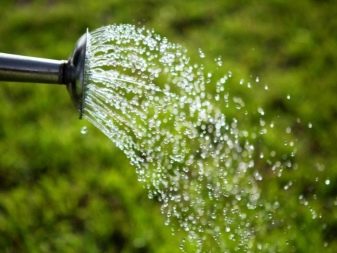
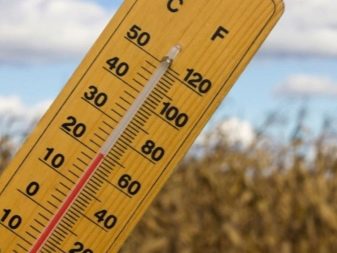
Modern drugs will help to quickly and effectively overcome this ailment, the list of which includes Topaz, Fundazol, as well as Ridomil and Tiovit. At the same time, the addition of nitrate and urea, if any, is stopped. In order to develop immunity to this disease, moderate potassium and phosphorus supplements are recommended.
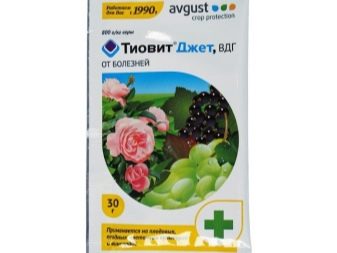
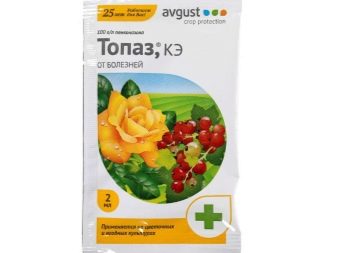
In addition to powdery mildew, when growing zucchini, vegetable growers have to deal with:
-
apical rot, manifested in the form of dark spots on the leaves and brown sores on the fruits themselves;
-
apical bacteriosis, the signs of which are yellowing of the tops of the ovaries and the formation of black dots;
-
gray mold, determined by the brown shade of the ovaries, which lose their elasticity.
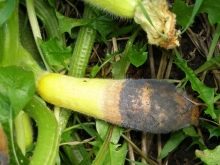
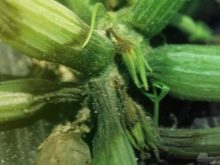
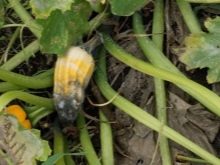
Effective remedies against the listed ailments are Ridomil Gold and Topaz. But it is important to remember that often in order to eliminate the focus of pathogenic microflora, the affected bushes are destroyed.

Prevention measures
An effective measure that will help prevent zucchini rotting in the future is the correct preliminary preparation of the soil and planting material. At the same time, it is important to pay enough attention to the seedlings, removing excess growth and flowering manifestations in a timely manner.
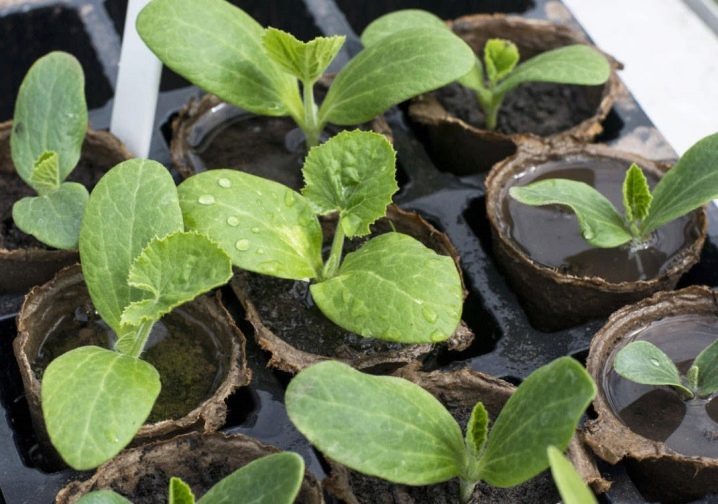
As practice shows, often the death of fruits and plants themselves is the result of a vegetable grower's inattention.
Professionals advise focusing on the right choice of zucchini varieties that are more resistant to rot. The list of such types includes:
-
"Early ripe emerald";
-
"Aral F1";
-
"Video clip";
-
Iskander F1;
-
"Yellow-fruited".
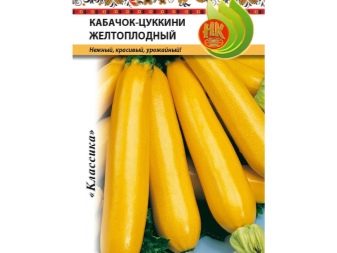
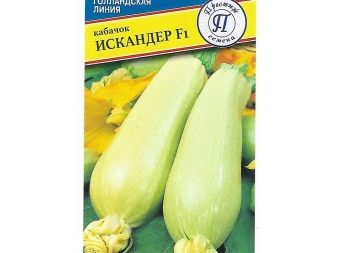
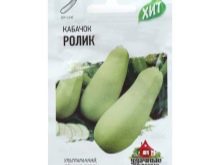
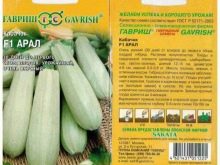
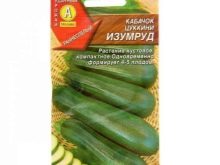
The best option would be hybrids, one of the main characteristics of which is resistance to most diseases and pests.
But in any case, one should not forget about preventive measures. So, for example, it is recommended to remove the lower leaves. They are carefully cut with a sharp and processed tool, leaving the stalks of 3-4 cm. By the way, the next day you should spray with a solution of brilliant green (1 tsp per 10 liters of water).

In order to guarantee to protect the culture from decay, it is worth paying attention to the following important points.
-
If the upper leaf blades are closed, the quality of pollination deteriorates. Removing some of the leaves will help to solve the problem (it is important not to forget to leave the petioles). At the same time, the penetration of the sun's rays into the planting center is ensured, which dries the powdery mildew.
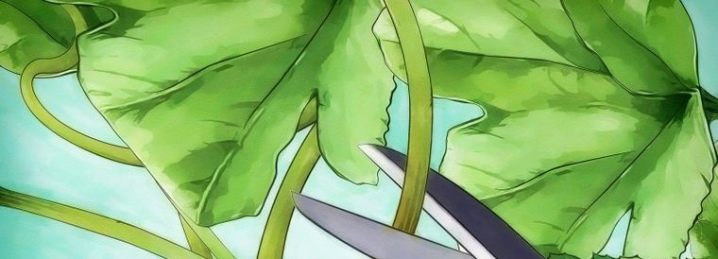
- Cut leaves, as well as affected fruits removed from the bushes it is imperative to destroy outside the beds.

- Spraying plants with garlic water helps prevent fungal damage... To prepare a working solution, you will need 3-4 heads of a spicy vegetable. They are finely chopped and soaked in 10 liters of water. If modern chemical preparations become an alternative to folk remedies, then they should be used only strictly according to the manufacturer's instructions, which will avoid burns.
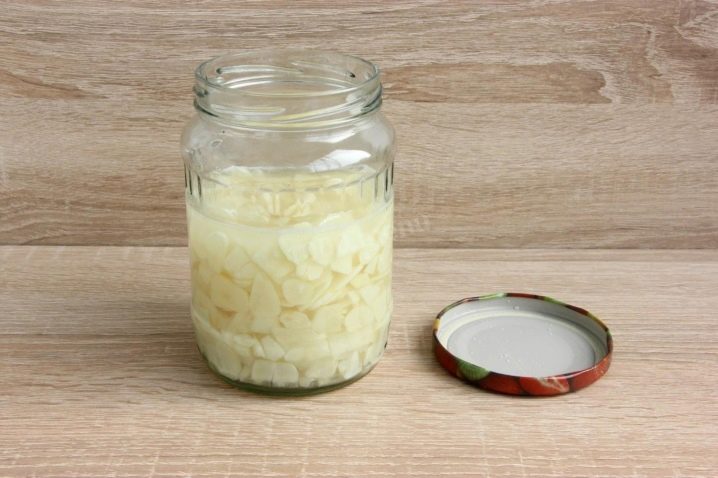
- It is important to remember about the increased resistance of hybrids to pathogenic microflora, leading, including to decay.
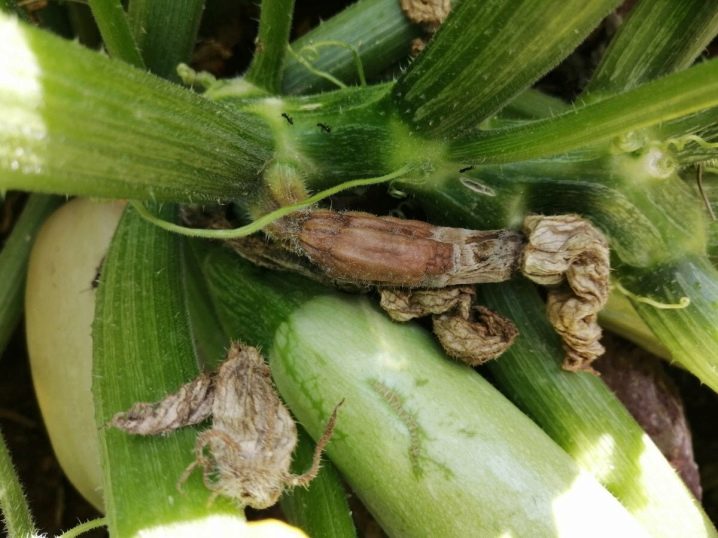
- It is required to timely replenish the iodine deficiency.
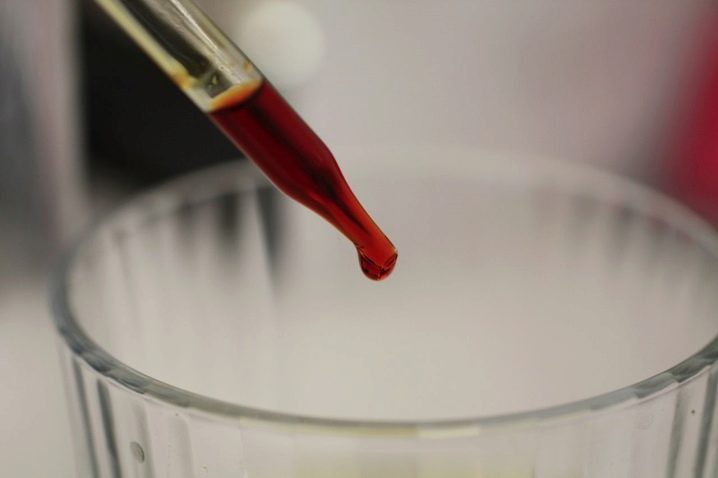
- Particular attention should be paid to watering, which should be infrequent, but abundant.... Under normal weather conditions during the summer months, plants are irrigated once a week. It has been proven by many years of practice that drip irrigation is the best option. The main advantage of this technology is uniform moistening of the root system and the exclusion of water ingress on leaf plates and stems.
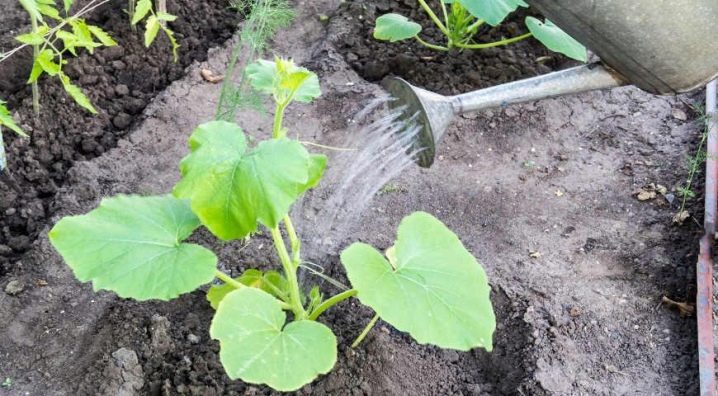
- Loosening of the soil is an integral part of agrotechnical measures. And also it is necessary to mulch the beds with sawdust or straw.
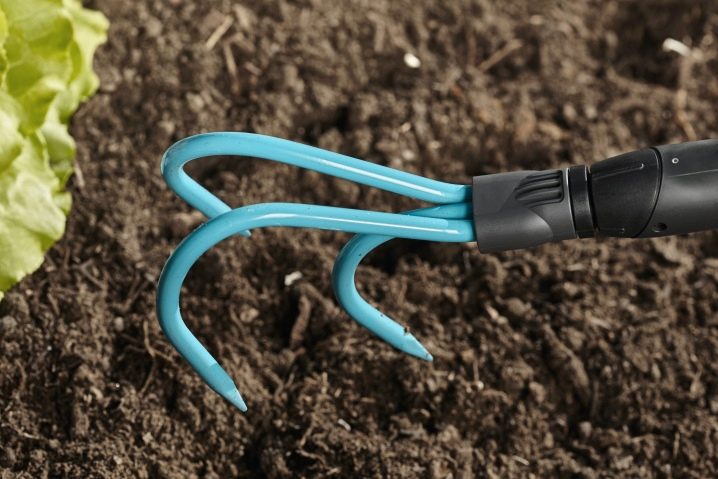
- The presence of honey plants near the squash beds effectively attracts bees. If necessary, it is required to apply manual pollination in time.
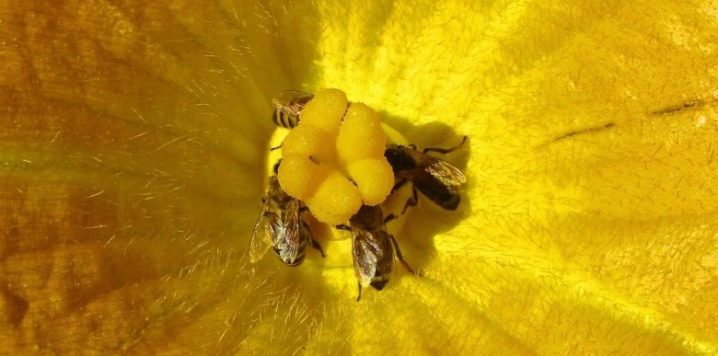
Harmful insects are capable of provoking damage to ovaries and fruits. For example, zucchini tips often start to rot due to slugs. You can scare off these pests by sowing mustard, sage, lavender, as well as bitter pepper and garlic nearby.
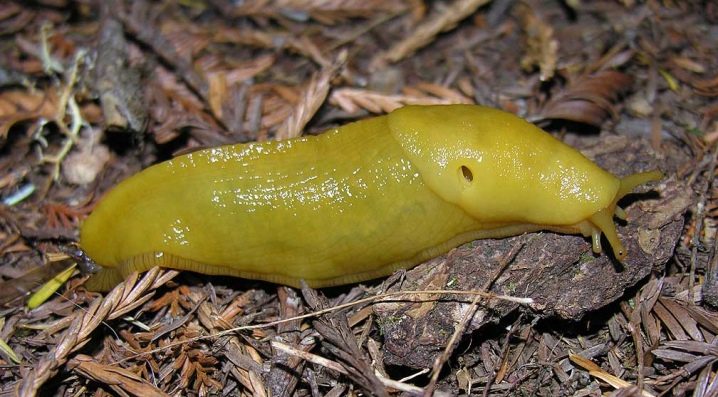
In addition to all of the above, it is important to pay attention to the timely harvesting. Otherwise, the fruits will overripe and deteriorate.
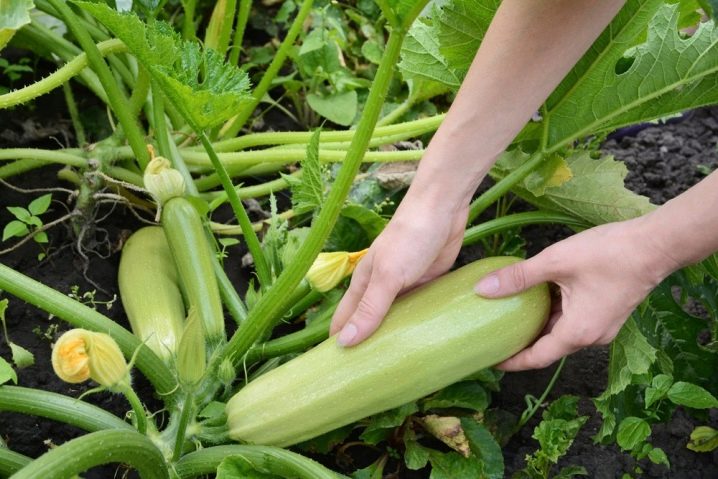
And they also take on an impressive part of the nutrients necessary for the formation of other zucchini and increase yields.













The comment was sent successfully.